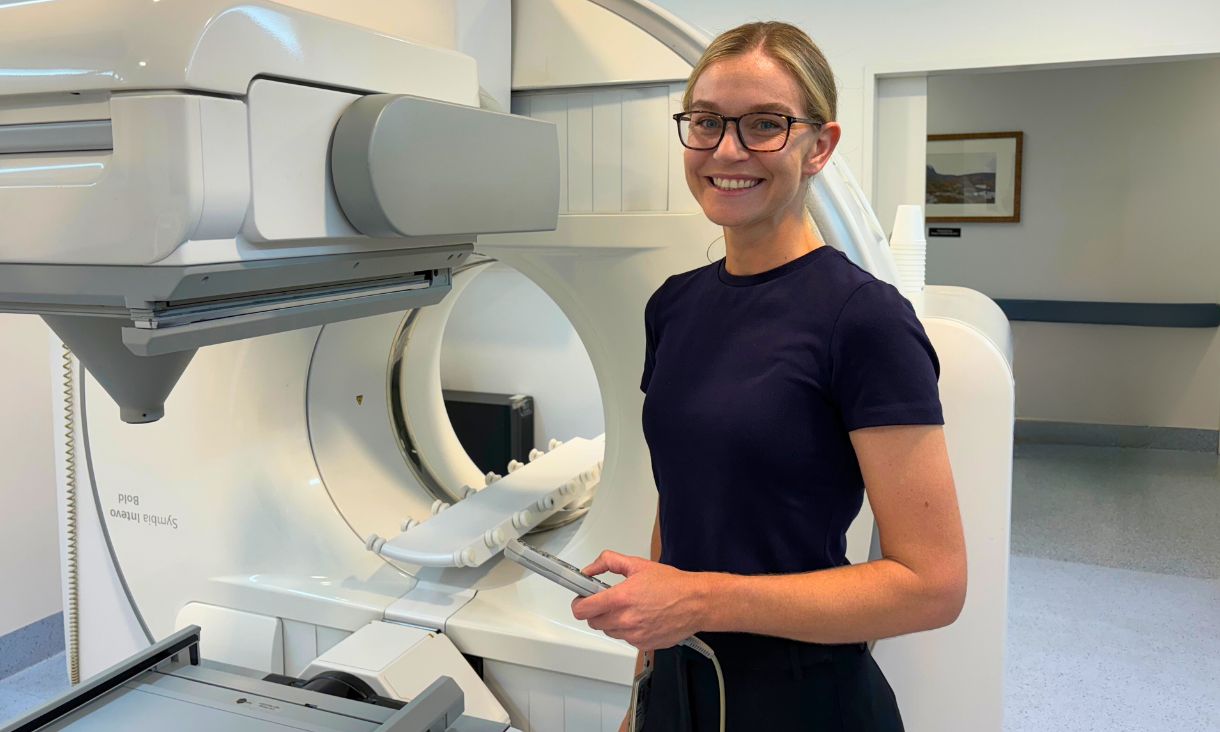The Bachelor of Medical Radiation (Nuclear Medicine – Industry Practice) will commence in 2025, offering a blend of remote learning and hands-on clinical training in Brisbane, Cairns, Gold Coast, Sunshine Coast, Townsville, Mackay and Toowoomba.
The new degree allows Queensland locals to study and work in their home state, creating a pipeline of workers to address critical skills demands.
Alongside academic study, students will undertake part-time clinical placements that will see them supported financially by private or public partner organisations. Hands-on clinical experience will provide students with technical skills training, mentorship, and networking opportunities.
Professor Catherine Itsiopoulos, Associate Deputy Vice-Chancellor Bundoora Health Precinct and Dean of RMIT Health, welcomed the initiative.
“The Bachelor of Medical Radiation (Nuclear Medicine – Industry Practice), the first of its kind in Australia, responds to the needs identified in the 2024 Australian Universities Accord by developing a new and innovative learning model that addresses a critical skill shortage, and positions students in the workforce from day one of their study,” said Itsiopoulos.
“It is a shining example of RMIT’s new ‘Earn and Learn’ model of education, giving students valuable paid work experience and allowing industry to shape the skills of the next generation of professionals. We work closely with our partners to design and deliver robust training pipelines to bolster Australia’s future healthcare workforce, and we welcome anyone interested in collaboration to get in touch with RMIT.”
RMIT is a proven leader in nuclear medicine training, with local Melbourne enrolments up by 50% in 2023. Queensland graduates will have the essential skills required to operate vital specialist imaging equipment, including Positron Emission Tomography (PET) and Single Photon Emission Computed Tomography (SPECT) scanners, and assist with the diagnosis, treatment and patient care required for people with cancer and rare diseases.
Until now, Queensland was one of five Australian states or territories without a nuclear medicine degree. Increasingly, nuclear medicine procedures are becoming part of a patient’s care pathway. Demand has grown significantly in the past decade, and is expected to continue growing.
Without access to these essential services, early cancer diagnoses, imaging and life-saving treatment may be delayed.
Liza-Jane McBride, Chief Allied Health Officer at Queensland Health, spoke to the importance of building the nuclear medicine workforce pipeline.
“Nuclear Medicine Scientists are a specialised workforce across Queensland Health experiencing significant Queensland and national workforce shortages,” said McBride.
“Queensland Health is proud to partner with RMIT University to deliver an embedded student program in nuclear medicine, allowing students to train and work locally, while creating a pipeline of skilled workers in Queensland.
“Nuclear Medicine Scientists are vital for operating specialised equipment such as Positron Emission Tomography (PET) scanners. Without this essential workforce, the diagnosis and continued management of conditions like cancer, cardiovascular disease, and brain disorders would be very difficult.
“The planned establishment of new services in Queensland Health over the next five to ten years will increase demand for this workforce and we identified a strong need to develop a workforce pipeline to support delivering care closer to home.”








